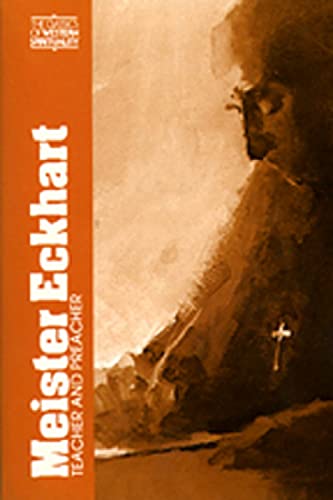Old Testament Theology in a Canonical Context
Written by Brevard S. Childs Reviewed By Leslie C. AllenReaders of this journal cannot but have a natural sympathy with Childs’ endeavour to get us to read the OT in terms of literary wholes, rather than in the picky way that historical criticism teaches us. After his Exodus and Introduction to the Old Testament as Scripture, he now offers an outworking of his thesis on theological lines. He wades into the deep end, and those who are familiar with the present state of discussion in the area of OT theology will get the most out of his own input.
The structuring of the subject matter, which is not discussed, is by no means new. It is Eichrodt’s Theologyminus the heavy emphasis on covenant, just as Vriezen’s volume was. The structure seems to matter little to Childs, apart from denying a need to find a centre (p. 12): the canonical perspective is what counts and it does not dictate the structure. He is thoroughly alert to current insistence on theological diversity in the OT. His approach might have bought harmony at any price and resulted in the levelling down of distinctives. He avoids this trap, though perhaps he subordinates the divine aspect of Gn. 1 too closely to that of Gn. 2 (pp. 33, 48). ‘Tension’ or ‘dialectic’ runs a close second to ‘canonical’ as the keyword of the book, and its most positive contribution is the persistent endeavour to accept diversity and to find significance in it.
His Introduction was concerned with the OT canon rather than with the biblical canon. So by and large is this volume, as a glance at the index of biblical references shows. True, the term ‘Old Testament’ has a necessarily Christian import (p. 9). He sometimes draws out the relevance of OT material for today’s world, for example in the light of feminist and gay concerns. He asks whether Yahweh was a male deity (pp. 39f.) and devotes a chapter to ‘male and female as a theological problem’, which includes a statement on homosexuality. Nor is the nuclear threat outside his purview (p. 233). Generally, however, he stays inside his own patch, seeking to delineate the theology of ancient Israel. ‘The Old Testament theologian … identifies himself with Israel as the community of faith’ (p. 15); the task of OT theology is ‘closely to describe the profile of the Old Testament witness without fusing it with that of the New Testament’ (p. 242, cf. p. 238).
The author’s own emphasis may be gauged from his strictures against other methodological approaches. Word studies profit little, irrespective of semantic pitfalls: they are too narrow and too shallow (pp. 197, 205f., 230). Nor for him have anthropological or sociological approaches advanced theological understanding (p. 197, cf. pp. 175–177). Above all, the material is not to be so fragmented by critical analysis that its parts are assigned theological autonomy, for instance by establishing a ‘J’ theology (e.g. p. 5, 11), or are used just to trace historical development, correct though it may well be (e.g. pp. 5,155). A lively and illuminating feature of the book is Childs’ engagement with other scholars, whether his apparent enemies, such as Gottwald, or relative allies, such as Sanders, Clements and Milgrom.
Despite his strictures against critical scholarship, his own approach is by no means pre-critical. Genesis, Samuel and Isaiah 1–11 are each composed of material that arose at different times, but this evident truth is less significant than the functional ‘intertextuality’ of those disparate elements in the final form of the text (pp. 53, 237). Childs obviously depends heavily on previous researches. His cry is that they often have a wrong orientation or stop too soon by not proceeding in a canonical direction. Amen, so long as one can keep on studying the parts—without which the whole can never be discovered—as a necessary interim task.
Leslie C. Allen
Fuller Theological Seminary,
Pasadena, California







